Philotimo: the Greek secret not easily translated
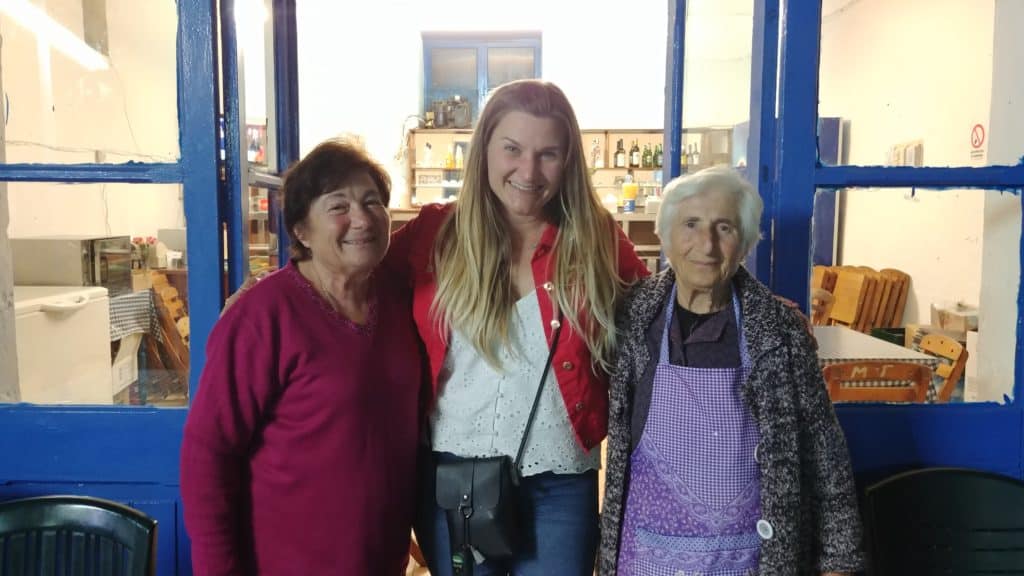
As a kid, fitting in with your classmates always seems to be paramount, while standing out is social exile. In the 80s, being smart meant that you were a ‘nerd’, and dumbing it down for the sake of social acceptance was a popular pastime. This was something Greek immigrant parents to North America couldn’t quite grasp. Sure, being liked and having friends was important but to them, being smart was cool, getting a good education mattered most, respecting the teacher was a priority, and the belief that hard work pays off was instilled from an early age. In Greek homes, an added twist – learning and understanding about ‘Philotimo’, was also on the agenda.
When I was seven, my mom decided to enroll me into Greek school. Not only was this the opposite of what I thought was cool, but it meant three more nights of schooling, on top of my everyday full-time, public school schedule. Yes, I hated it and saw very little point to it. But as usual, Mom knew best and in hindsight, Greek school proved to be a pivotal point in my upbringing. I made more friends, learned more about the fundamentals of the Greek language, culture, and ethos, but I also learned more about ‘Philotimo’, an intangible yet very tangible and much revered Greek virtue of the highest level. ‘Philotimo’ dates back millennia, and although can’t be translated into a single word in the English language to this day, is packed with meaning, often illustrated through honourable, respectful and humble acts towards others, no matter who they are, or where they come from.
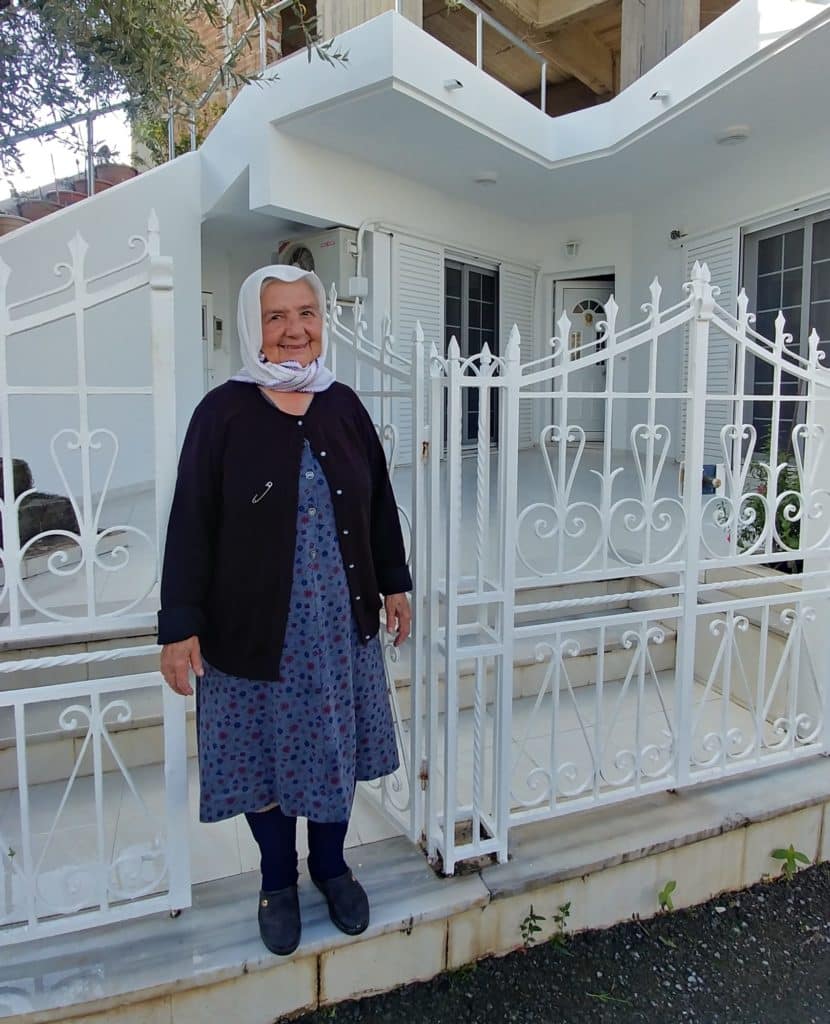
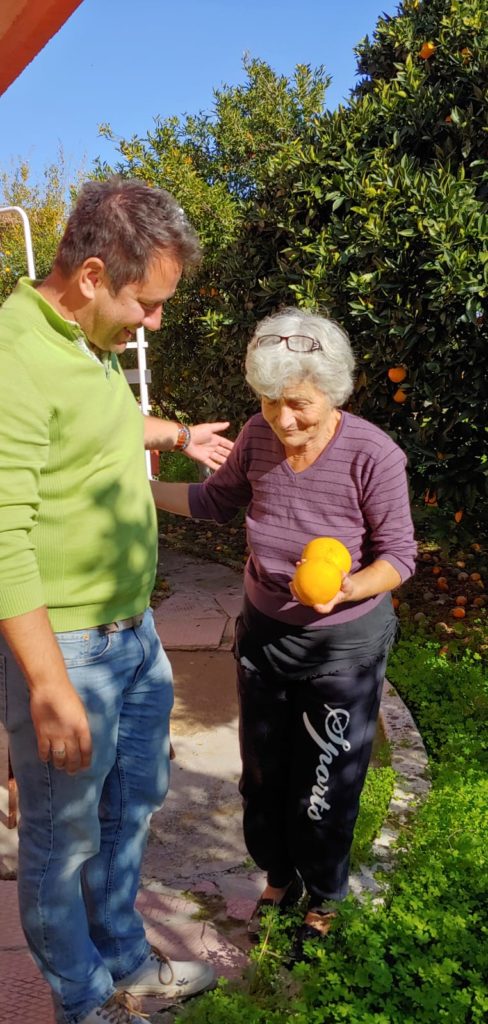
“Philotimo to the Greek is like breathing. A Greek is not a Greek without it. He might as well not be alive.”
Thales, one of the Seven Sages of Greece, 623-545 BC
In a literal sense, to define ‘Philotimo’ in a roundabout way, you must break up the words. ‘Philo’ means friend and, ‘timo’ means respect or honor. But in reality, the word dives deeper into the human psyche, penetrating the subtle nuances of human connection, compassion, empathy and love. So deep, that even Greeks have a hard time defining and translating it. I didn’t learn about ‘Philotimo’ in Greek school but what I did realize was that I wasn’t alone in thinking about the human experience on a much deeper level, even at such an early age. What I came to discover was that not only did my classmates know about it, but that the concept of ‘Philotimo’ was ingrained into the history and even DNA of my ancestors, a quintessential Greek characteristic that’s reflected in the way you greet, welcome, help, share with, and even understand someone, with humility, respect, and without judgement.
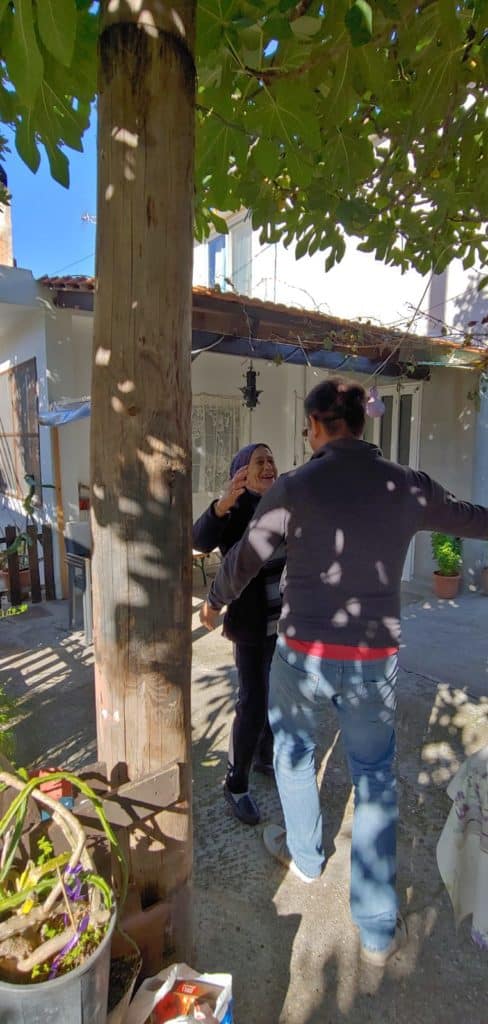
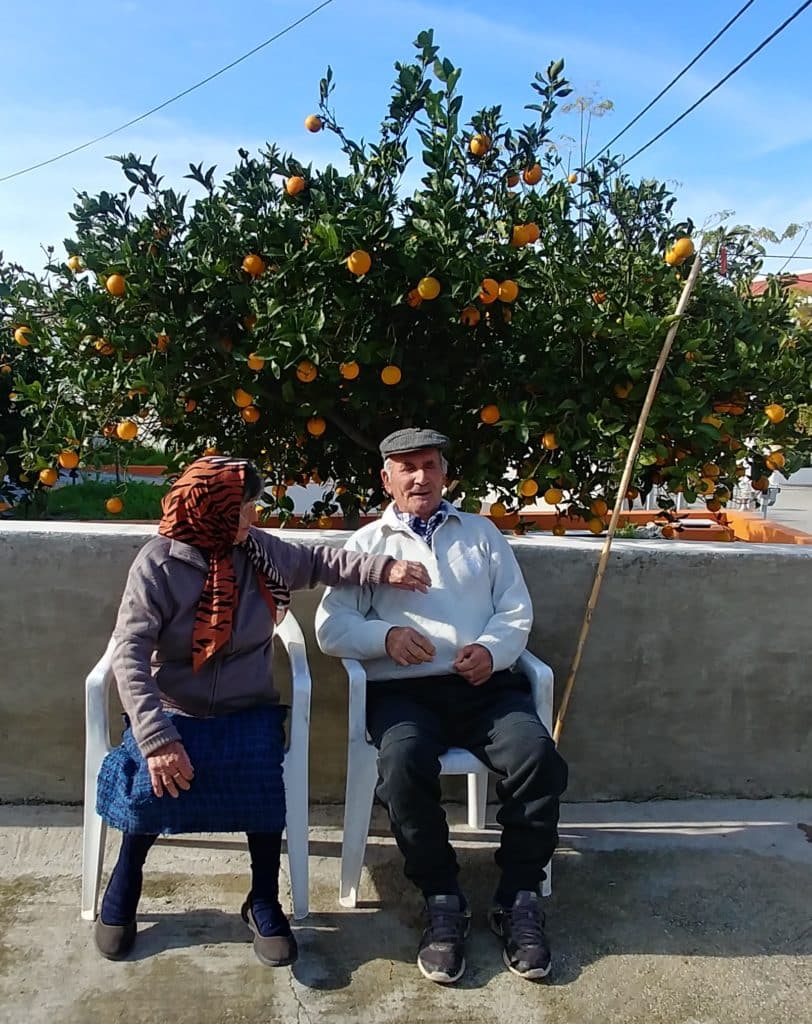
According to scholars, the word ‘Philotimo’ dates back to the dawn of the Greek classical period, used by the lyric poet Pindar in the 6th and 7th centuries BC. Although its definition varies depending on Bible translation, it also appears several times in Scripture by the Apostle Paul, a fluent Greek speaker. In Romans 15:20, Paul uses the word as a verb, preaching the good news of the Gospel to those who hadn’t heard it. In 2nd Corinthians 5:9, he uses ‘Philotimo’ to describe his “labor” in the sense of his life’s work and in 1st Thessalonians 4:11, he uses it to describe the ambition believers should have when conducting their lives – one of above reproach with a sincere reputation of kindness in their community.
“I’m not an Athenian or a Greek, but a citizen of the World”
Socrates

If the phrase ‘actions speak louder than words’ comes to mind, then you’re on the right track. Do unto others as you would have done unto you, but on an amplified level. ’Philotimo’ is far more intimate, and often bounded by local, interpersonal relationships. It’s not a law, nor is it a matter of simply being good by doing good. It’s more about looking introspectively, and not only realizing your own altruistic sense of responsibility to self and community but illustrating your gratitude, love and hospitality through selfless, dignified actions and honorable, dutiful, humble, and respectful behaviours that are received warmly by others. It’s a daily ritual that, when done with love and learned from an early age, raises the standards of not only the individual but the family. It’s an enlightened way of thinking, doing, and way of life. ‘Philotimo’ is displayed through sacrifice and unconditional love, expressed through conscious acts of kindness. Many believe it was ‘Philotimo’ that prevailed when locals on the island of Crete hid Australian and British soldiers from Axis invaders of the island during WW2, and when locals on several islands hid members of the Jewish population from the Nazis, despite risking their own death sentence.
In a world of checks and balances, it’s this ancient, noble act of ‘Philotimo’ that stands firm in a world that seems to be riddled with xenophobia. In truth, there’s no greater fulfillment than creating happiness for someone and impacting their life positively. That’s the contagious power of ‘Philotimo’, as it not only solidifies a bond between people but equally benefits everyone involved. Mention the word ‘Philotimo’ to a Greek and they’ll get soft in the eyes. In truth, Philotimo is in all of us, if only we choose to acknowledge and act on it. If change starts with the man in the mirror, and if we, as a global community, strive to be the change we want to see, then ‘Philotimo’ has the universal energy to transform governments and its citizens, and pick up vibrations of love and light rather than fear and anxiety.
‘Philotimo’ is a blessing, taught early in the home, and nurtured through every interaction in life, be it academic, professional, or personal. It’s more tangible than you may think, but best defined through emotion and action rather than words and sentences. It’s a cultural gene that’s inside all of us, if we have the courage to look and feel it.
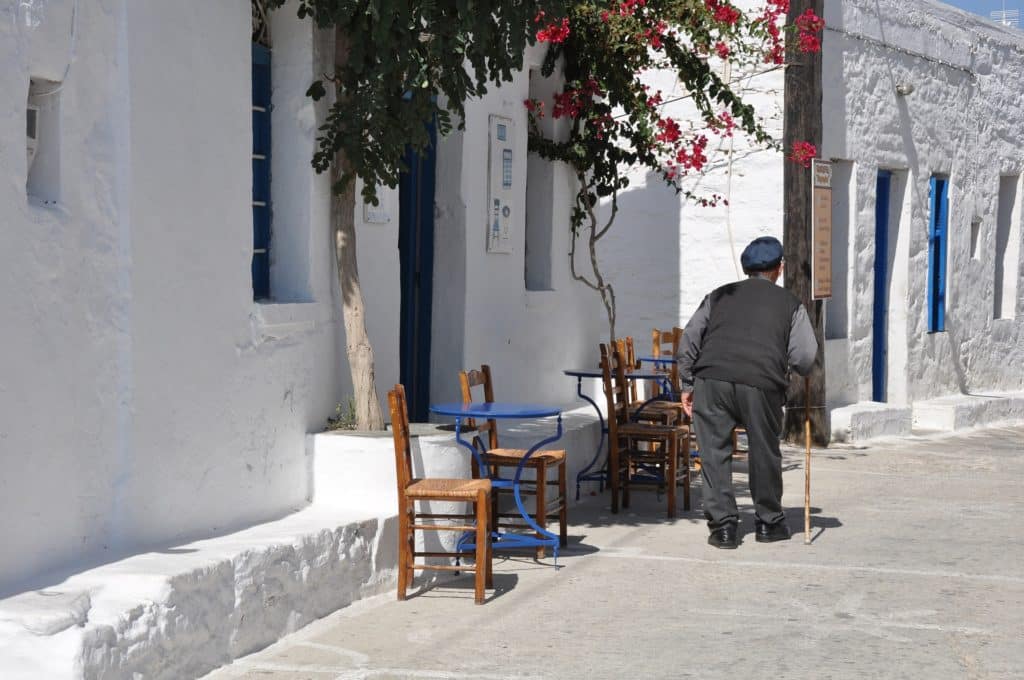
Book Your Stay Now in Greece (and experience Philotima)
Use the interactive map below to search, compare and book hotels & rentals at the best prices that are sourced from a variety of platforms including Booking.com, Hotels.com, Expedia, Vrbo, and more. You can move the map to search for accommodations in other areas and also use the filter to find restaurants, purchase tickets for tours and attractions, and locate interesting points of interest!

Jim Bamboulis knew that experiences were far more meaningful than selfies when he started his media career 20 years ago. Jim spent 15 years as a TV Producer, Director, Writer and Host before starting TravelMammal, a site dedicated to creating content that showcases the things, places and people behind the most unique, engaging and delicious travel, food and cultural experiences worldwide. Jim also hosts two Greektown Food Tours in Toronto and has since pivoted to offer five Greek Food Care Packages that are shipped worldwide. Jim’s aim is to constantly and consistently create content and experiences that unite the global community.